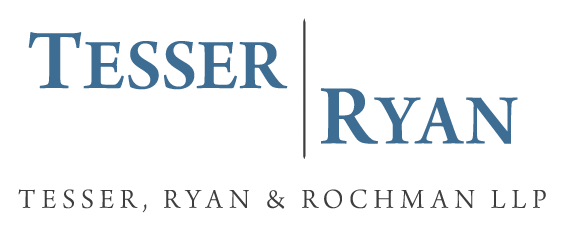NY State Bar Issues Ethics Opinion Applicable to Part-Time Government Lawyers
In the intricate realm of legal ethics, conflict of interest rules play a crucial role in maintaining the integrity of the legal profession. This is particularly relevant for part-time attorneys who juggle roles both within a public agency and private practice. A recent opinion from the New York State Bar Association, Ethics Opinion 1272, sheds light on the limitations and requirements for part-time attorneys working with a county Department of Social Services (DSS) when representing private clients in Family Court matters.
Key Takeaways from Ethics Opinion 1272
1. The Nature of the Conflict
According to Ethics Opinion 1272, a part-time attorney for DSS is prohibited from representing private clients in Family Court matters where DSS has an interest or plays a meaningful role, regardless of consent from DSS or the private client. This prohibition stems from the inherent conflict of interest outlined in Rule 1.7 of the New York Rules of Professional Conduct.
The opinion asserts that even if an attorney’s work for DSS is limited to specific areas such as child support and paternity matters, any involvement of DSS where DSS is an adversarial party to the matter creates a conflict of interest. This is based on Rule 1.7(a)(1), which prevents a lawyer from representing differing interests. The conflict in this case was deemed non-consentable, meaning it could not be resolved through client consent alone.
2. Scope of the Conflict
The opinion clarifies that the conflict of interest extends to any Family Court matter where DSS is involved, not just those directly handled by the attorney. For example, even if DSS is represented by another attorney in a case, the part-time attorney’s involvement in the case as a private counsel would still present a conflict of interest. This is because the conflict is imputed to the entire DSS legal unit, reflecting a broader ethical concern about the impartiality and objectivity of legal representation.
3. Exceptions and Waivable Conflicts
While the general rule is strict, the opinion acknowledges that there may be scenarios where DSS’s involvement is minimal or purely incidental. In such cases, a conflict of interest might not arise under Rule 1.7(a)(1). However, attorneys must still assess whether their professional judgment could be compromised by their role with DSS, as outlined in Rule 1.7(a)(2).
For example, if DSS’s past involvement in a matter is merely background information and does not impact the current legal issues, the conflict may not be as severe. Nevertheless, the attorney must carefully evaluate whether representing a private client in such a context could still lead to adverse effects on their professional judgment.
Practical Guidance for Attorneys Who Work Part-Time at DSS or Other Institutional Clients
1. Thorough Conflict Checks
Part-time organizational attorneys must conduct rigorous conflict checks before accepting private cases that could involve the organization. This involves not only checking for direct conflicts but also assessing any indirect involvement that might impact their impartiality.
2. Documentation and Disclosure
In cases where there might be a potential conflict, full disclosure to all parties involved is essential. Written consent must be obtained from both DSS and the private client if the situation appears to allow for a waiver of the conflict. This documentation serves as a safeguard and ensures transparency.
3. Case-by-Case Analysis
Each matter should be evaluated on its own facts and circumstances. Attorneys must carefully consider how the organization’s role could impact their representation of a private client. If there is any doubt about the extent of DSS’s involvement or its implications, seeking guidance from ethics counsel is advisable.
Conclusion
Ethics Opinion 1272 underscores the importance of navigating conflicts of interest with care, especially for part-time attorneys balancing roles within public agencies and private practice. By adhering to the ethical guidelines and conducting thorough conflict analyses, part-time organizational attorneys can uphold the integrity of their practice while effectively serving their clients. For any uncertainties or complex scenarios, consulting with legal ethics experts can provide additional clarity and ensure compliance with professional standards.
For more information or assistance with navigating ethical dilemmas in your legal practice, please contact the Tesser Ryan team at (212) 754-9000 or [email protected]. Our team of experienced attorneys is here to help you understand and manage the complexities of legal ethics effectively.
Link to Ethics Opinion: Ethics Opinion 1272: Conflict of Interest when part-time Department of Social Services Attorney represents clients adverse to Department of Social Services – New York State Bar Association (nysba.org)
